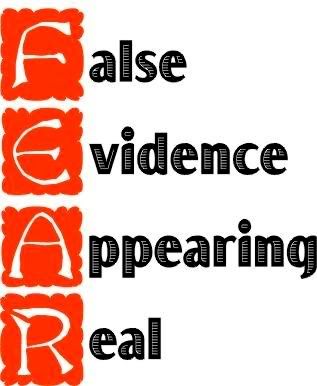The 5/ 15/ 80 rule states that “we enter any given assignment knowing 5 % of the relevant information. A further 15% of the information is that which we know we don’t know. And the 80 represents the 80% of the relevant information that we don’t even know we don’t know” (from Jon Steel in ‘Perfect Pitch‘).

While the first 5+15=20% of the issue is not so scary (we always enter a new assignment with information we know we must seek), the remaining 80% is probably much scarier. This “black matter” will have to be uncovered, piece by piece – that is, if we manage to realize that there is stuff our there we don’t even know we don’t know.
It is similar to the usual cycle of learning: the transition from unconscious incompetence to conscious incompetence is probably the toughest because it sometimes requires us to overcome our filters and beliefs.
Does it really matter? We can recognize patterns even with only a little bit of information, such as the enclosed picture shows. Thus, provided there is a pattern we can recognize, poor information is not an issue. That is, if our experience and the patterns we have formed over time are relevant.
The issue is maybe not the quantity of information, but to seek if there is any that contradicts the pattern we would expect. If that is the case, it is a sure indicator that there is some stuff out there we don’t know. And then we need to search.











